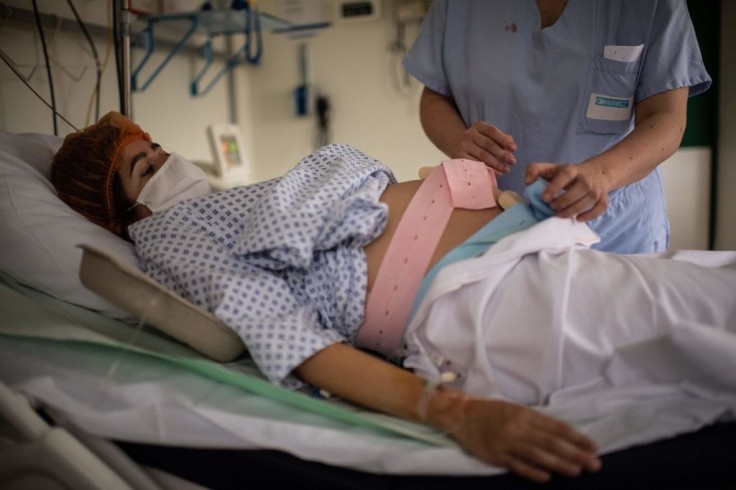
A research survey that included 833 responders found that more than 70 percent were aware of preeclampsia before diagnosis; however, only about 44 percent were aware of the symptoms associated with the said condition.
Rianne C. Bijl, M.D., from Erasmus University in Rotterdam, Netherlands, and her colleagues evaluated the experience measures that patients have reported for preeclampsia-complicated pregnancies, Medical Express reports.
Eventually, more and more women became aware of preeclampsia symptoms. Before 2011, only 32.2 percent of women were aware of these symptoms, but after 2016, 52.5 percent of women were more aware of these symptoms. One in three women has reported that around the time of the diagnosis, they did not feel that they were able to take part in the decision-making. This has seriously resulted in a serious mental and emotional effect on the entire preeclampsia experience.
Unaware of Preeclampsia Symptoms
In addition, only 14.2 percent of women received counseling related to the health risks of preeclampsia and eclampsia conditions. On the other hand, there was a relevant increase in the proportion of women who received counseling associated with hypertensive disorders during pregnancy.
According to the Journal of American College of Obstetricians and Gynecologists, Task Force on Hypertension in Pregnancy, hypertensive disorders remain a significant health issue for women globally. Even more alarming is that despite these hypertensive disorders complicating ten percent of pregnancies worldwide, many women remain unaware of preeclampsia's risks or associated symptoms.
Needs and experience of women with preeclampsia
In a separate but related study published in BMC Pregnancy and Childbirth Journal entitled "Information needs and experiences from pregnancies complicated by hypertensive disorders: a qualitative analysis of narrative responses," the researchers wanted to examine the needs and experiences of pregnant women that have complications brought by hypertensive disorders.
There were 3,202 enrolled participants, and the total number of participants who completed the survey was 1,850. The research limited or restricted its analysis to women who have self-reported that at least one of their pregnancies has been complicated by the hypertensive disorder. These women have responded to the open-ended question, "Is there any information that you could have had at the time of this pregnancy that would have been helpful?"
Almost half (48.4 percent) of the respondents who completed the survey responded to the research question. The study has identified three principal themes: patient-identified needs, management and counseling, and potential action. The responses reflect the respondent's baseline understanding of HDP; this includes the symptoms, management, techniques, therapeutic strategies, and postpartum complications.
Need to improve maternal health care
It was quite alarming that the level of understanding of the women was demonstrably lacking. These respondents have desired to receive improved counseling and education on preeclampsia and eclampsia complications.
The research authors added that the study results emphasize further the need to improve the approach to health care, particularly maternal health. It is crucial that the maternal journey, especially those associated with preeclampsia, be more patient-centered.